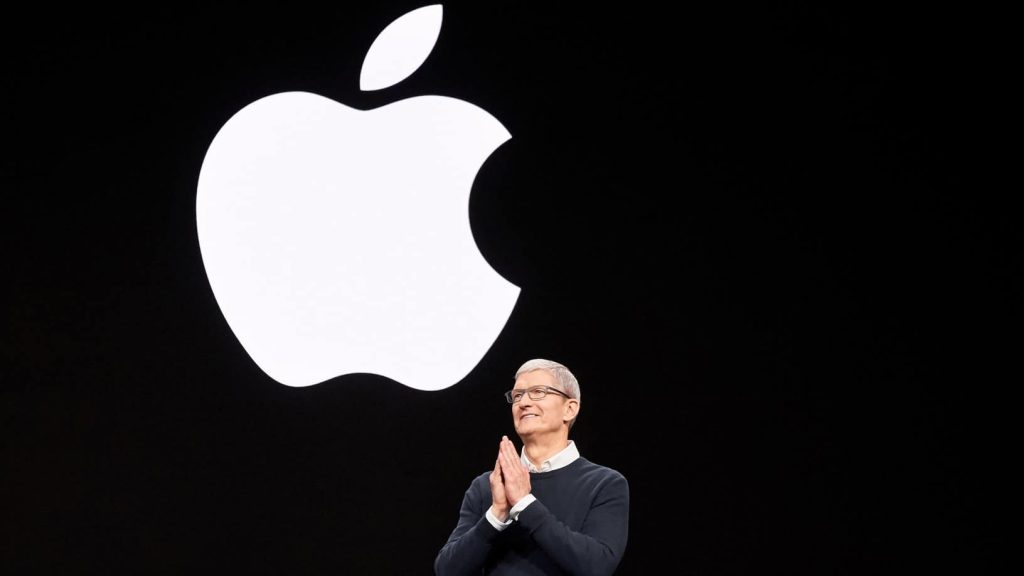
Apple’s Services Unit Propels Profits Amid Hardware Sales Decline
In a surprising turn of events, Apple’s latest financial report reveals that the company’s profits managed to outperform expectations, even as their hardware sales experienced a decline. The three-month period leading up to June showcased Apple’s remarkable resilience, as their net profit rose by 2.3% from the previous year, reaching an impressive $19.9 billion. This surprising performance defied the predictions of analysts, who had expected a 3.6% decline to $18.7 billion.
The driving force behind this astonishing success was undoubtedly Apple’s services unit, which encompasses their highly popular digital offerings such as Apple Music and iCloud. This segment experienced an 8% year-on-year revenue surge, reaching a record-breaking $21.2 billion. Notably, the number of subscribers also witnessed a substantial increase, totaling 150 million.
Apple’s success in the services segment is a result of their forward-thinking approach to diversifying their revenue streams. Over the years, the company has invested heavily in building a robust ecosystem of services that complement their hardware products. These include not only entertainment services like Apple Music and iCloud but also the App Store, Apple Pay, and AppleCare. The company has strategically positioned itself as a one-stop-shop for customers’ digital needs, capitalizing on the increasing demand for convenient and integrated services.
Moreover, Apple’s services success is attributed to their relentless focus on user experience and customer satisfaction. By providing seamless integration between their devices and services, they create an ecosystem that incentivizes customers to stay within the Apple ecosystem and renew their subscriptions. The expanding base of loyal customers has been a significant driver of revenue growth in this segment.
While the total revenue for the quarter stood at an impressive $81.8 billion, surpassing expectations, it’s essential to acknowledge that this marked the third consecutive quarter of annual decline in the top-line figure. The decrease in sales of iPhones, iPads, and Macs was primarily attributed to the broader slowdown in consumer spending on non-essential items during a period of economic uncertainty.
However, the stellar performance of Apple’s services unit underscored the company’s adaptability and ability to navigate challenges. Investors and market watchers were undoubtedly buoyed by this display of resilience, as the earnings per share also exceeded Bloomberg’s consensus forecast, coming in at $1.26 instead of the expected $1.20.
Apple’s success in diversifying its revenue streams through the services segment demonstrates their forward-thinking approach to sustaining profitability in the face of fluctuating hardware sales. As the demand for digital services and entertainment continues to grow, Apple’s focus on their digital offerings is likely to further contribute to their long-term success.
In conclusion, Apple’s latest financial results showcase the power of a diversified business model, with their services unit playing a pivotal role in bolstering profits despite a decline in hardware sales. As the company continues to navigate the ever-changing tech landscape, their adaptability and innovative approach will undoubtedly inspire confidence among investors and industry observers alike. The success of the services unit also opens up new opportunities for Apple to explore additional service offerings and strengthen their overall market position in the digital landscape. With their brand loyalty and commitment to delivering top-notch user experiences, Apple remains a force to be reckoned with in the tech industry.





